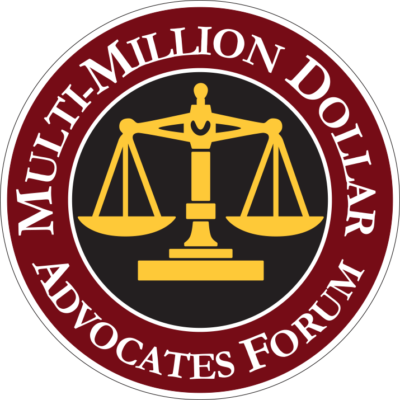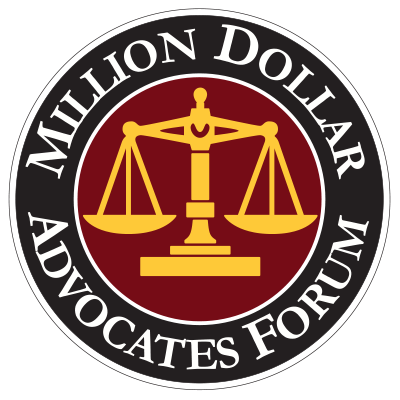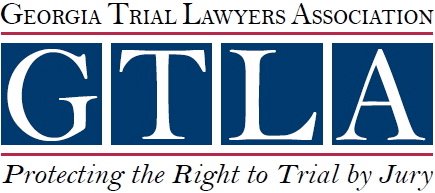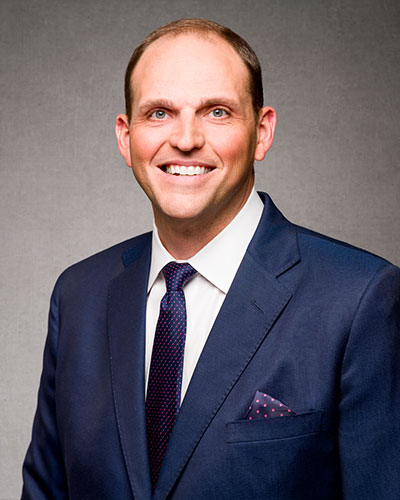When accidents occur in rental properties, one of the most pressing questions involves determining who is responsible for the injury. Slip and fall accidents are among the most common types of incidents that can happen in these settings. Such accidents can lead to injuries ranging from minor bruises to severe, life-altering conditions. Whether the tenant or landlord is liable depends on several factors, including the circumstances surrounding the accident and the responsibilities outlined in the lease agreement. Understanding the responsibilities of each party is important when pursuing a claim or addressing the issue at hand. At, Princenthal, May & Wilson, LLC, we are here to guide you through the legal process and help you navigate the complexities of your case.




Understanding the Responsibilities of Landlords
Landlords have a duty to provide a safe living environment for their tenants. This means they are expected to keep the property in good condition and address potential hazards promptly. For example, landlords are typically responsible for ensuring that common areas such as stairways, hallways, and parking lots are free from dangers that could cause a slip and fall. If the landlord fails to address known hazards or does not perform regular maintenance, they may be held liable for any injuries that result from their negligence.
A landlord is also responsible for adhering to local building codes and safety regulations. If a slip and fall accident happens because of a violation, such as broken handrails or uneven flooring, the landlord may be held accountable. Tenants often rely on landlords to address maintenance issues, so any delay or refusal to fix a problem could point to landlord liability.
Tenant Responsibilities in Preventing Slip and Fall Accidents
While landlords are expected to maintain the property, tenants also have responsibilities in preventing slip and fall accidents. Tenants are responsible for keeping their personal living spaces safe and reporting hazards to the landlord in a timely manner. For instance, if a tenant notices a leak that creates a slippery floor or a damaged step leading to their apartment, they must inform the landlord as soon as possible.
If a tenant fails to report a hazard and an accident occurs, the tenant may share responsibility. Additionally, tenants are expected to use the property responsibly and avoid creating dangerous conditions themselves. If a slip and fall accident happens due to a tenant’s negligence, such as leaving items in walkways or failing to clean up spills, they may be held liable for any resulting injuries.
Shared Responsibilities Between Landlords and Tenants
There are situations where both the landlord and the tenant may share responsibility for a slip and fall accident. For example, if a tenant reports a hazard to the landlord but continues to use the area despite the danger, liability may be divided between the two parties. Similarly, if a tenant contributes to the unsafe condition by failing to take reasonable precautions, they may also bear some responsibility.
In shared living arrangements or rental properties with multiple tenants, the situation can become even more complex. If the hazard exists in a shared or common area, determining responsibility may require looking at maintenance agreements and the specific actions of all parties involved.
Factors That Influence Liability in Slip and Fall Cases
Several factors determine whether the landlord, tenant, or both parties are liable in a slip and fall case. One important consideration is whether the hazard that caused the accident was known or should have been known by the responsible party. If a landlord was aware of a dangerous condition but failed to address it, their liability increases. On the other hand, if the hazard was obvious and the tenant chose to ignore the risk, the tenant may bear some or all of the responsibility.
Another factor is whether the injured person was legally on the property. If a visitor or tenant is injured while using the property as intended, the liability rules apply as outlined. However, if someone trespasses and gets injured, the liability may not fall on the landlord or tenant unless the hazard was intentionally created to harm intruders.
The Role of Lease Agreements in Determining Liability
Lease agreements play a significant role in determining who is liable for a slip and fall accident in a rental property. These agreements often outline the responsibilities of the landlord and tenant regarding maintenance, repairs, and safety. For example, the lease may specify that tenants are responsible for clearing snow from sidewalks or that landlords must repair structural damages within a certain timeframe.
When disputes arise after a slip and fall accident, the terms of the lease can provide valuable insight into who should be held accountable. It is important for both landlords and tenants to thoroughly understand the lease terms to avoid confusion or disputes about responsibilities.
Steps to Take After a Slip and Fall Accident in a Rental Property
If you experience a slip and fall accident in a rental property, taking the right steps can help protect your legal rights. Reporting the accident to the landlord or property manager immediately is crucial. This ensures there is a record of the incident and allows the responsible party to address the hazard to prevent further injuries.
It is also important to document the scene of the accident. Taking photographs of the hazard, gathering witness statements, and keeping records of medical treatment can provide evidence if you decide to pursue a claim. These steps can help clarify what happened and determine who is liable for your injuries.
Hiring a Personal Injury Attorney How Long Will a Personal Injury Case Take?Related Videos
When Legal Action May Be Necessary
In some cases, slip and fall accidents in rental properties result in disputes that cannot be resolved without legal intervention. If the landlord denies responsibility or the tenant refuses to take accountability, pursuing legal action may be the best option. A legal claim can help the injured party recover compensation for medical bills, lost wages, and pain and suffering.
It is important to remember that filing a legal claim involves specific deadlines, known as statutes of limitations. These deadlines vary depending on the state and the circumstances of the accident. Acting quickly and seeking legal guidance can help ensure your claim is filed within the required timeframe.
Representative Cases
Determining liability in slip and fall accidents within rental properties can be challenging, especially when multiple factors and parties are involved. If you or a loved one has been injured in such an accident, the experienced team at Princenthal, May & Wilson, LLC can provide the guidance you need. We are committed to helping you navigate the legal process and fight for the compensation you deserve. Contact us today to schedule a consultation and take the first step toward protecting your rights.





